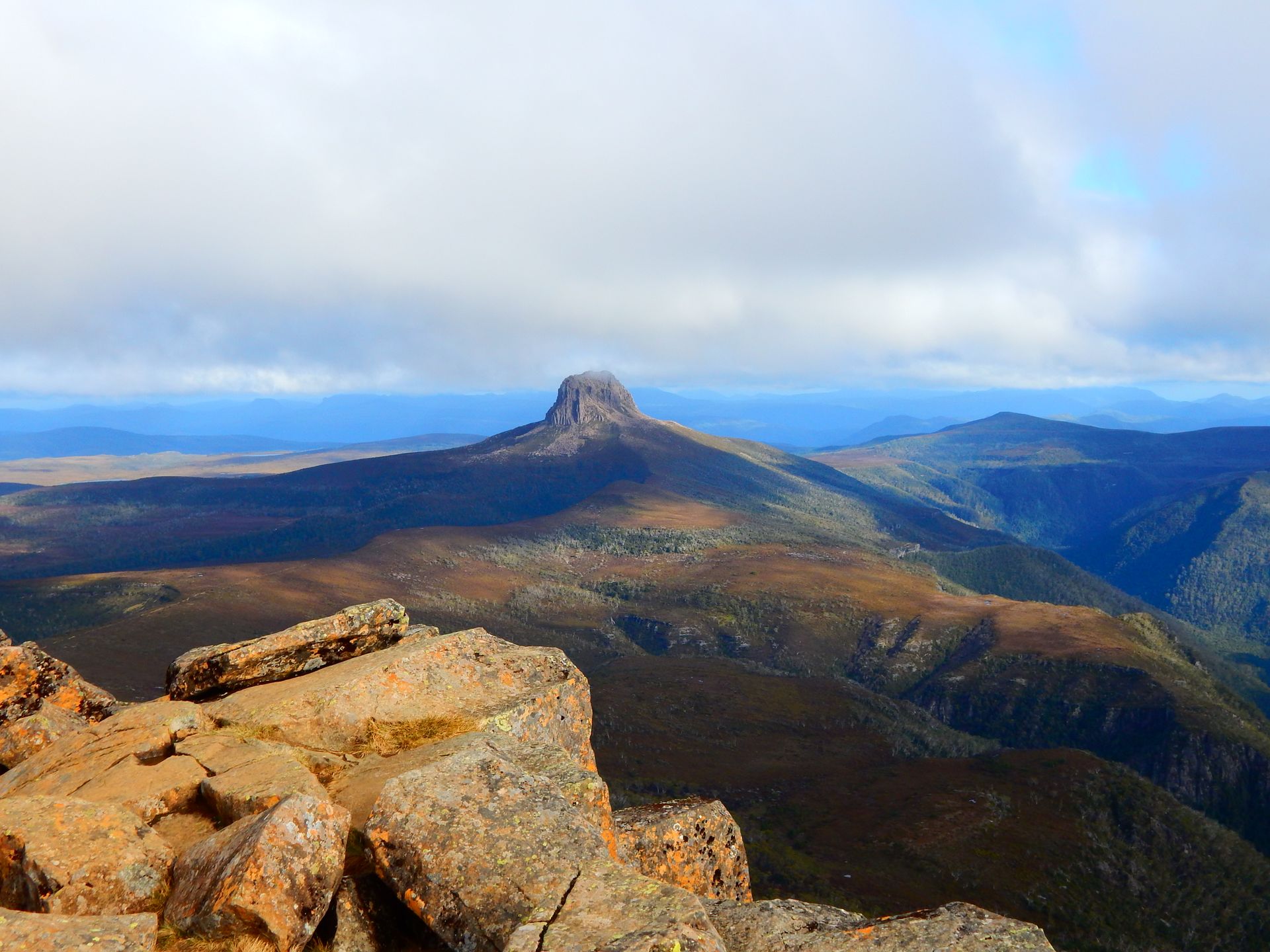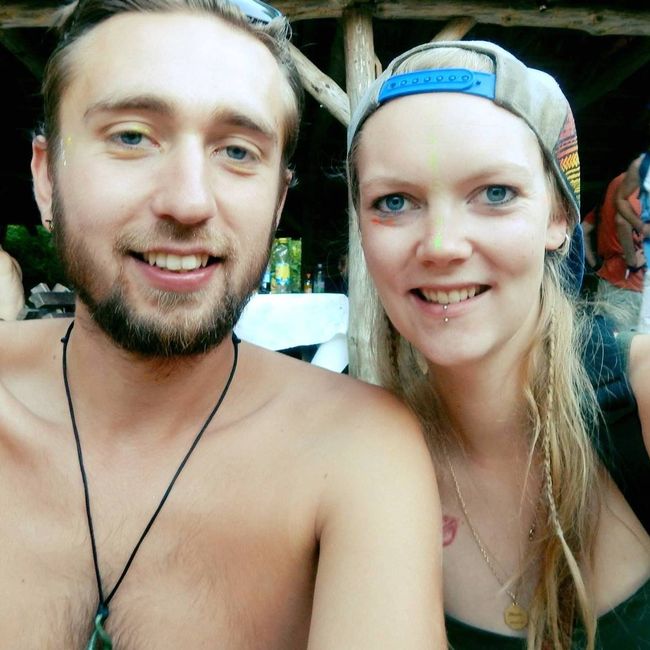Maria Island
פֿאַרעפֿנטלעכט: 20.03.2019
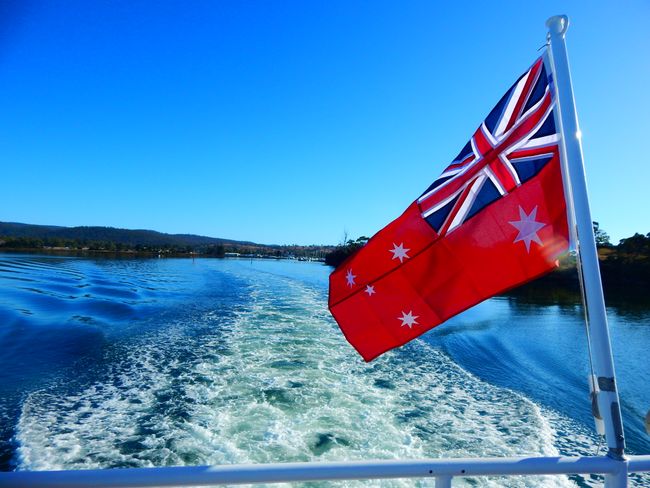
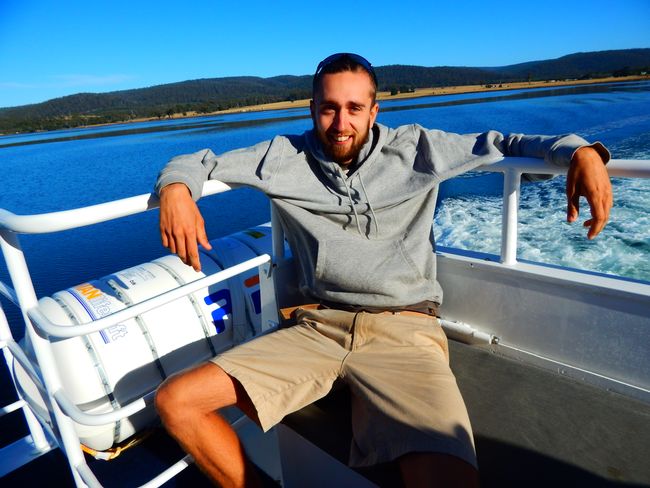
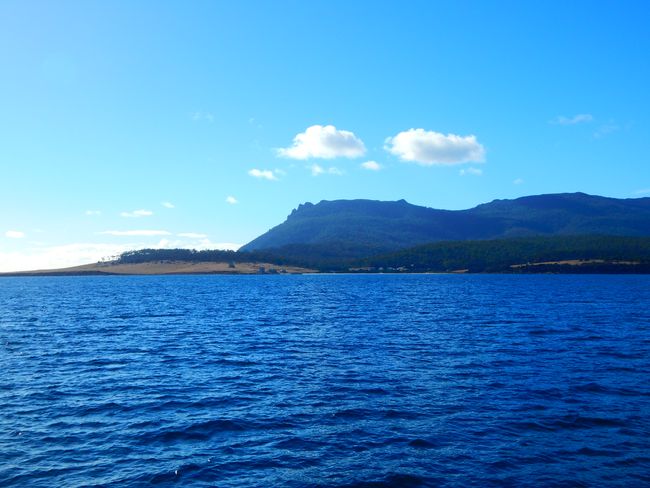
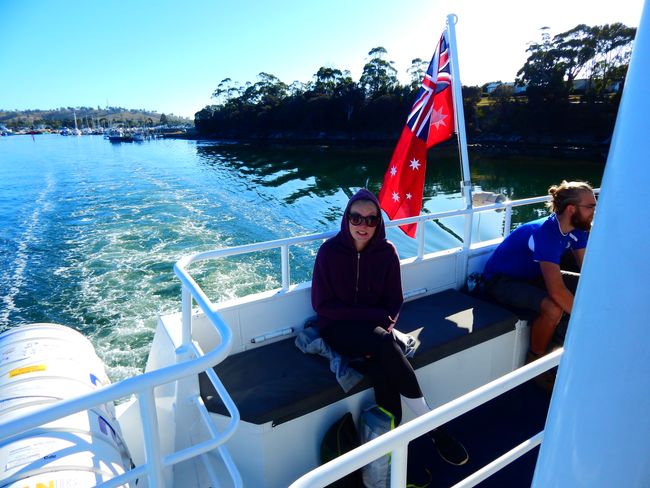
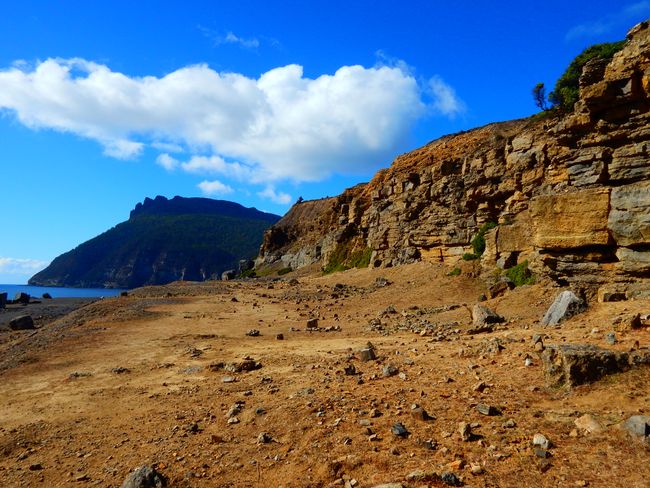
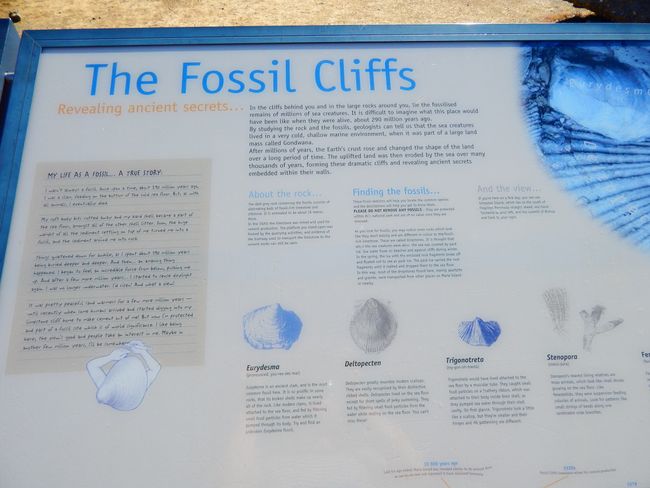
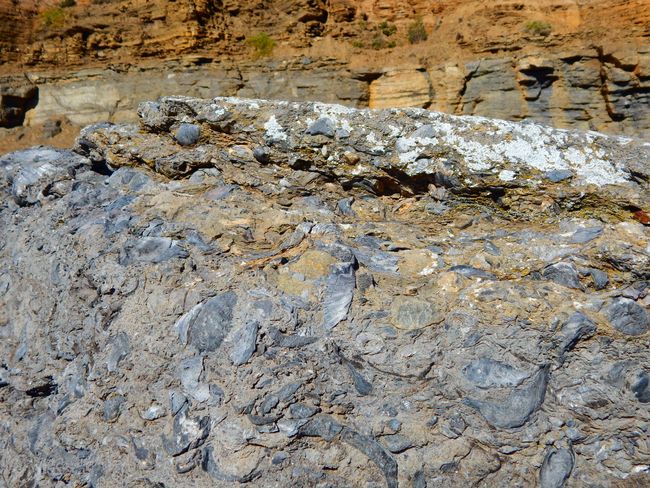
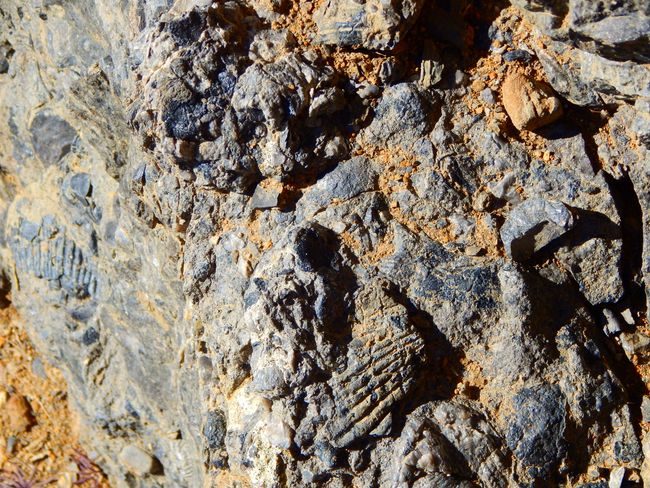
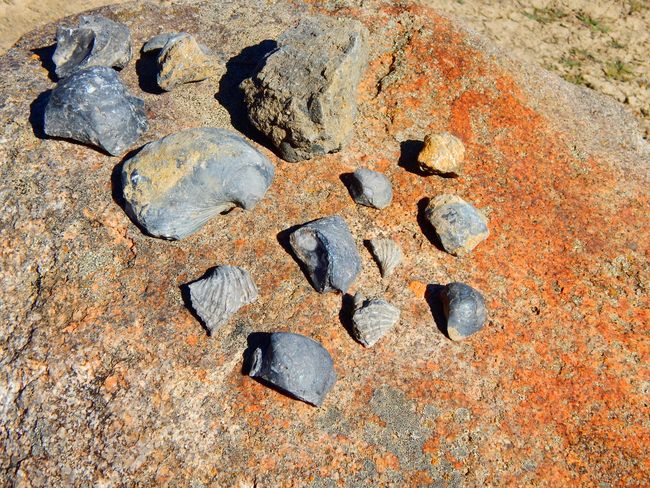
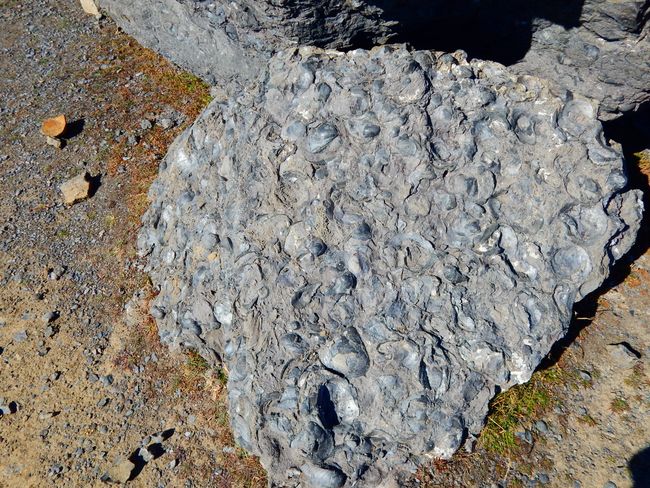
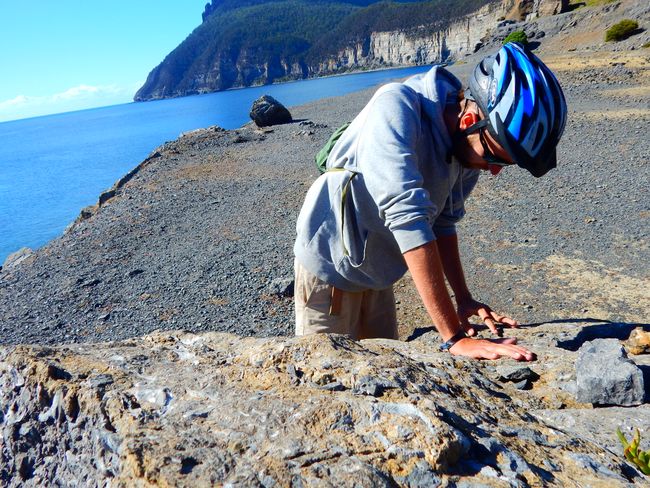
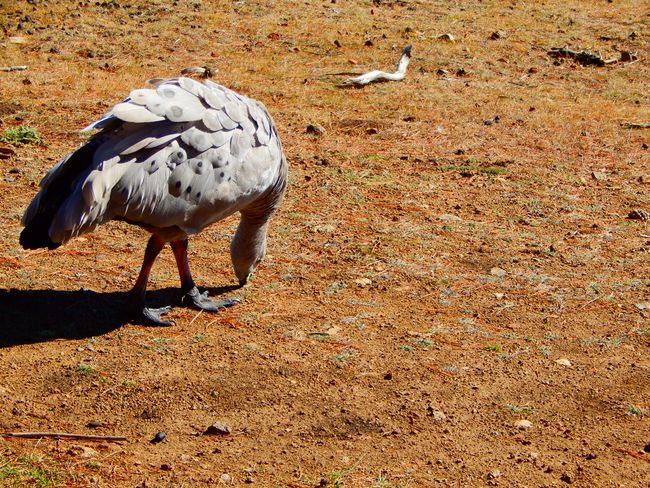
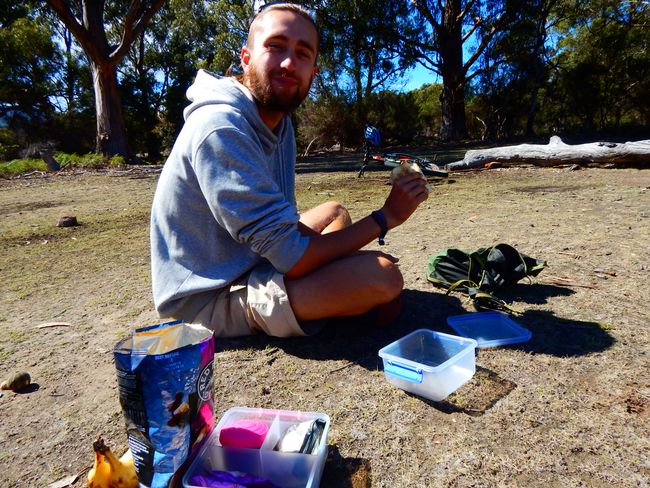
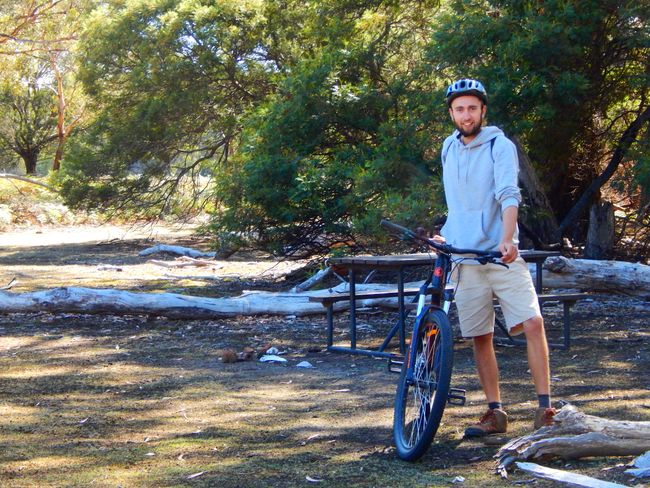
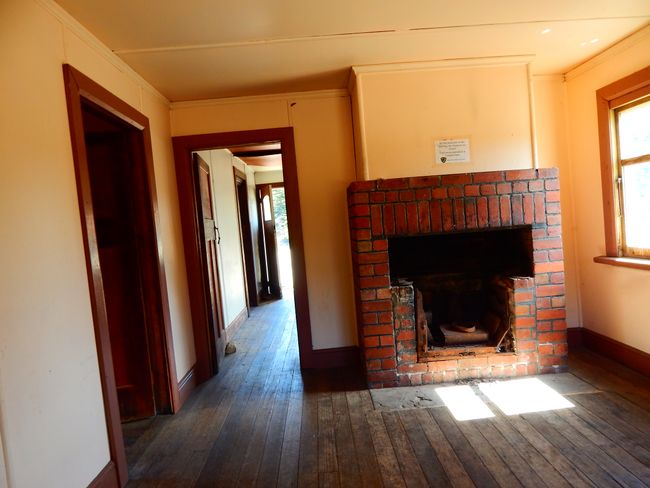
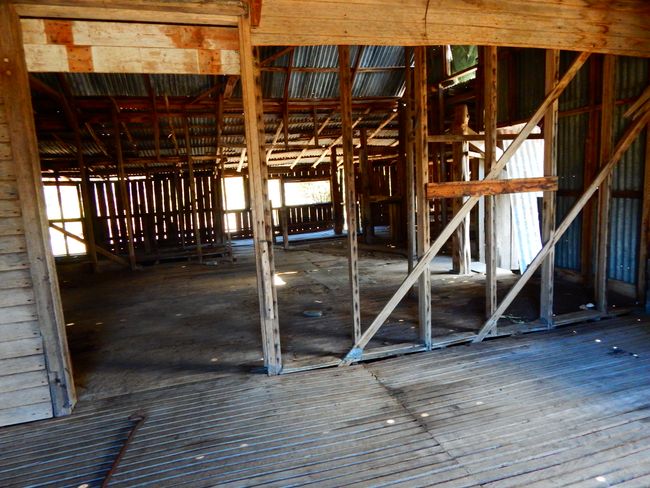
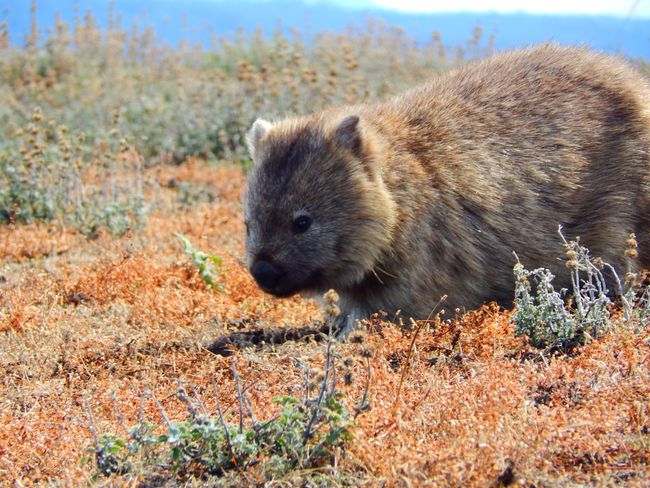
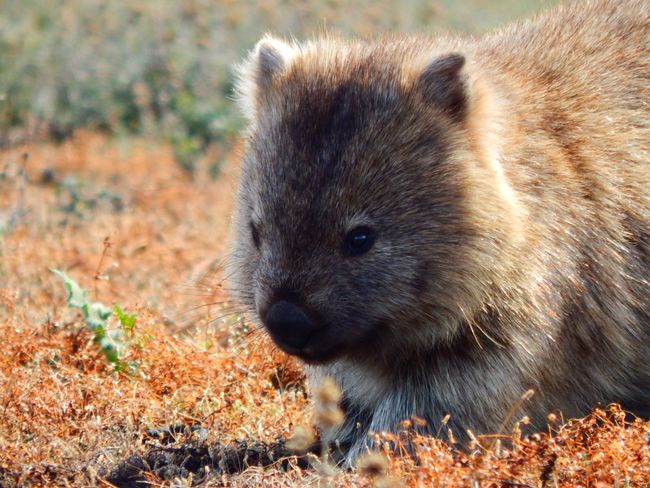
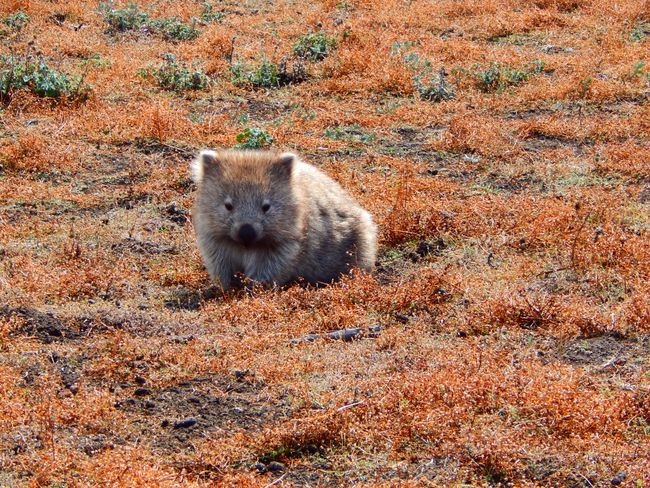
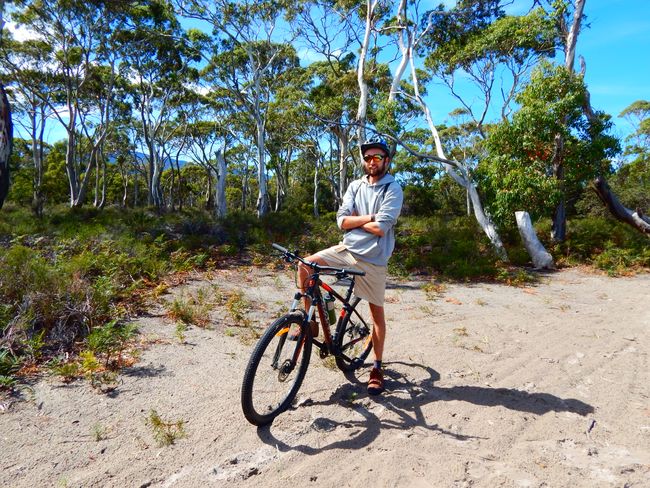
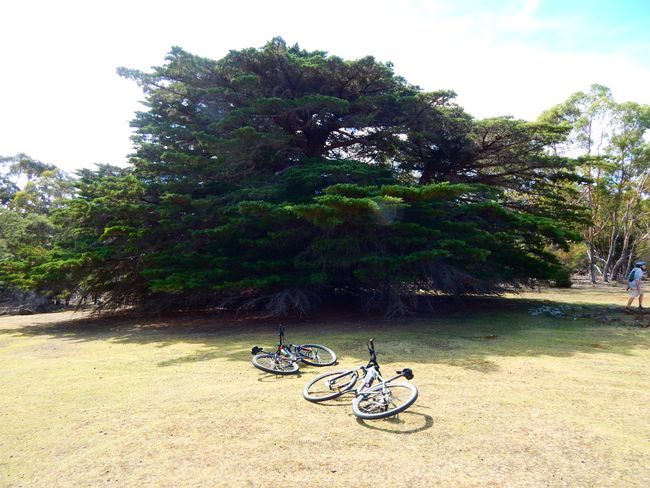
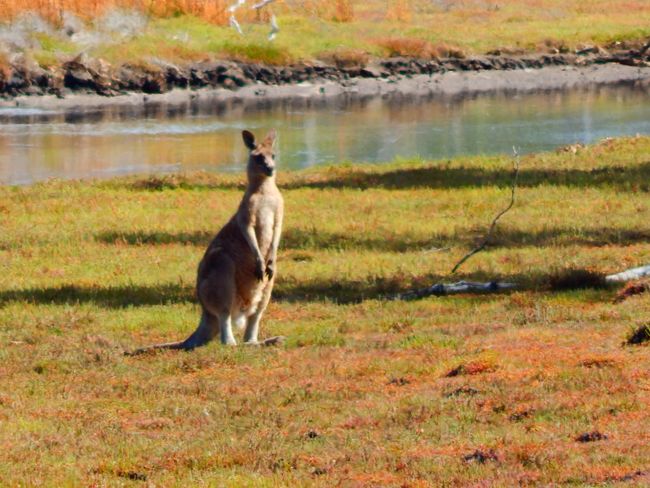
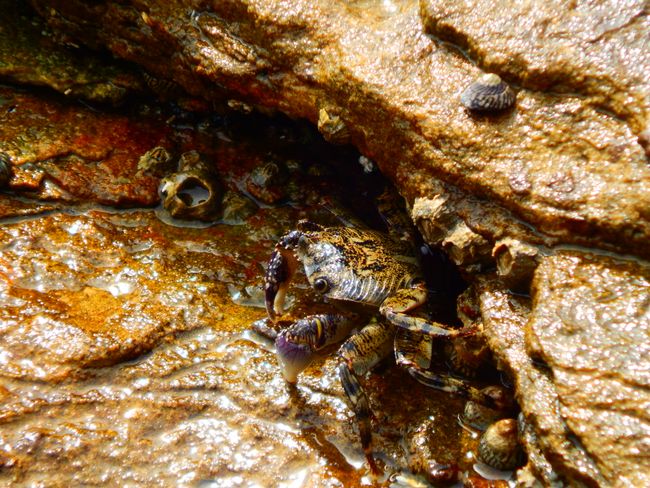
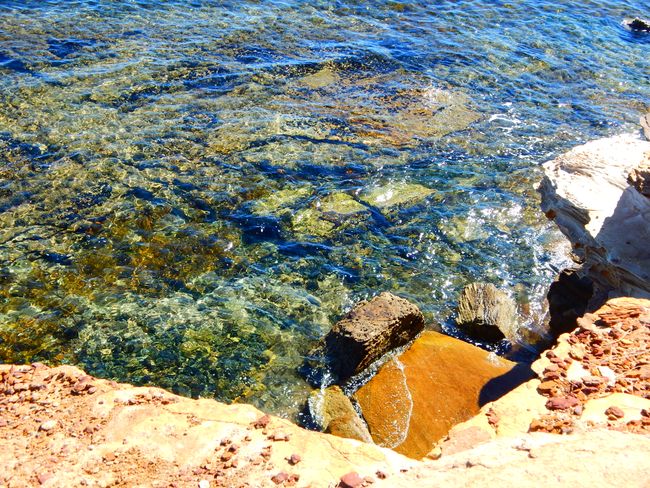
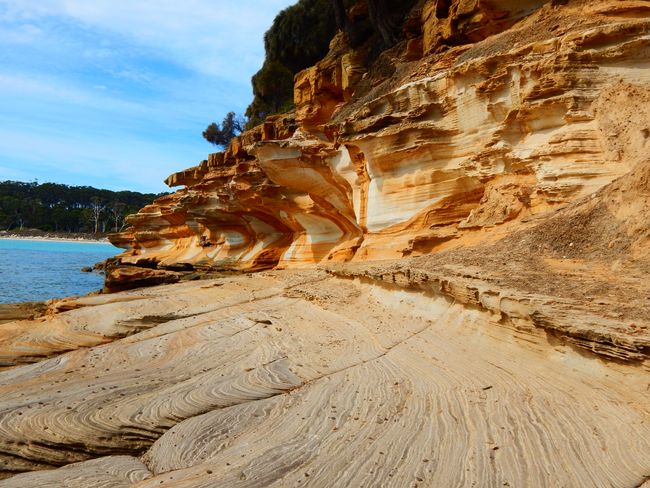
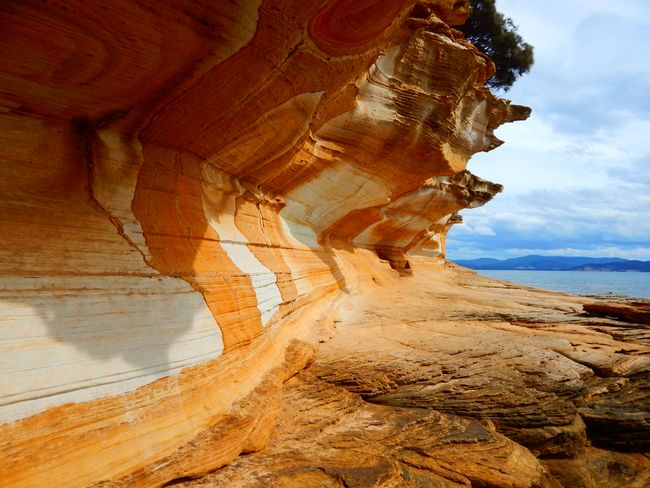
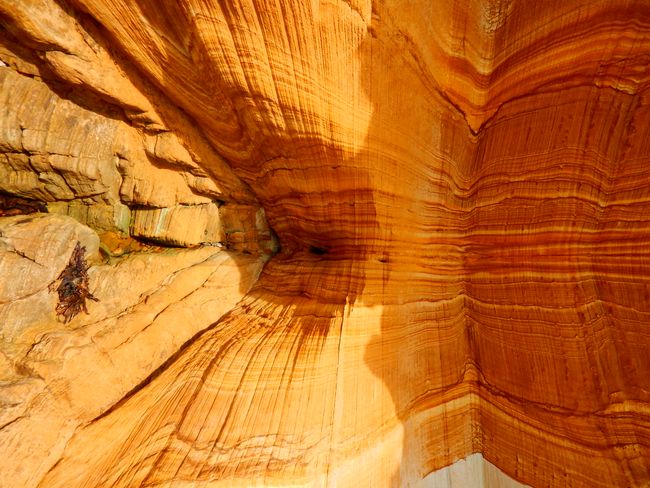
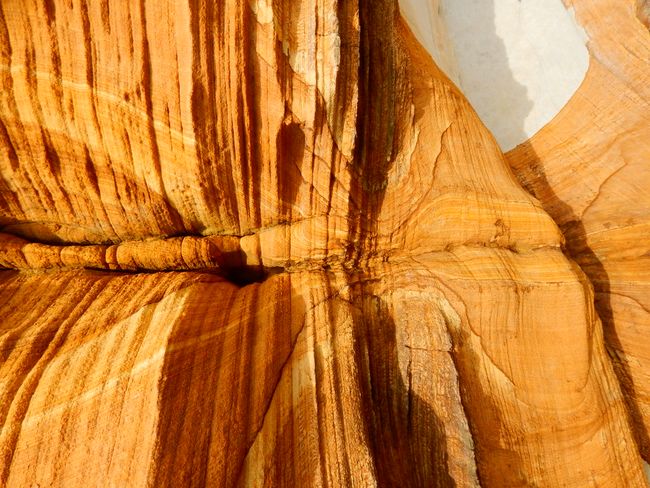
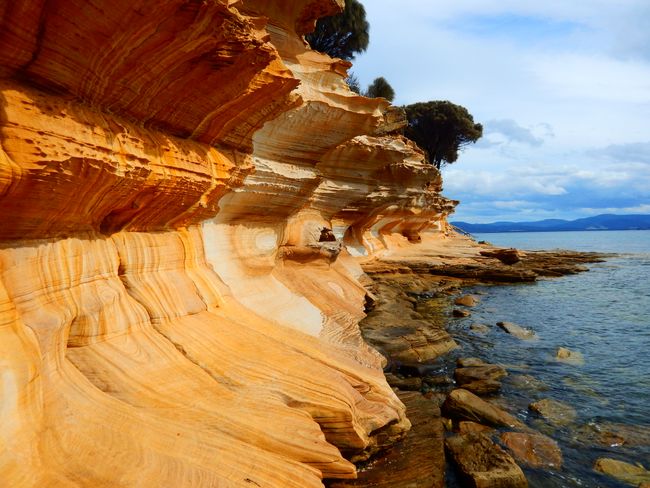
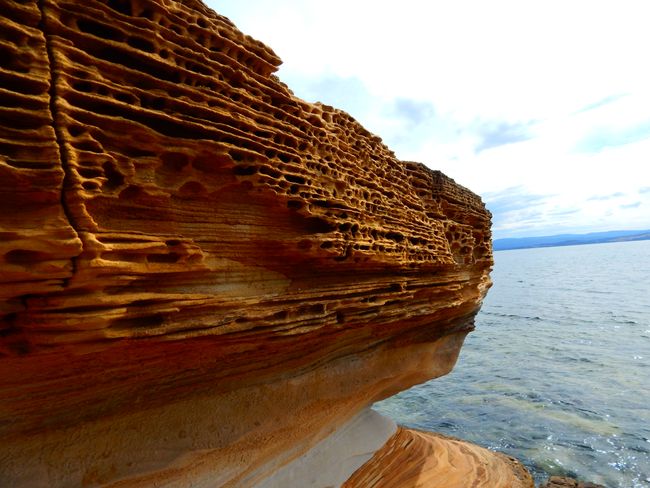
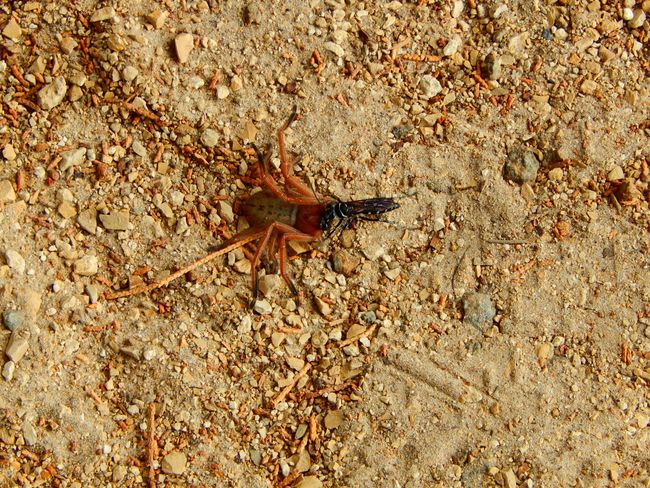
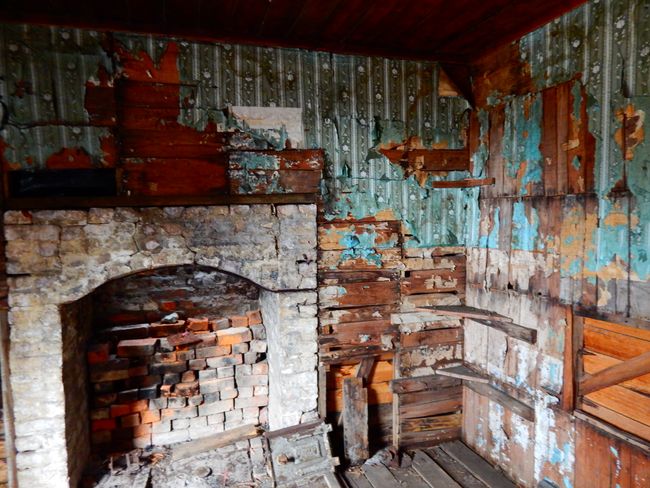
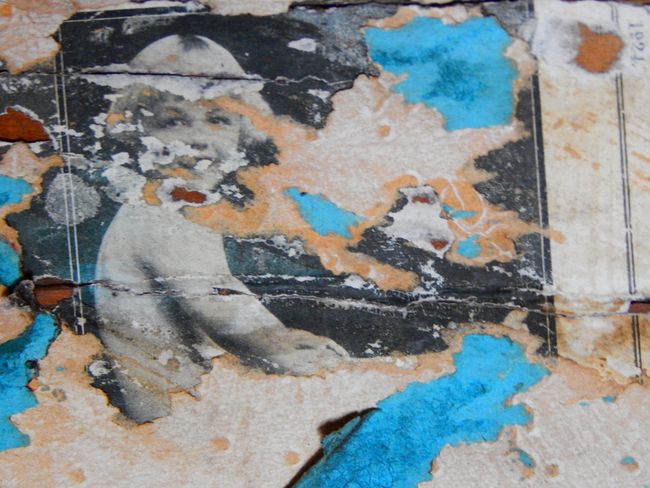
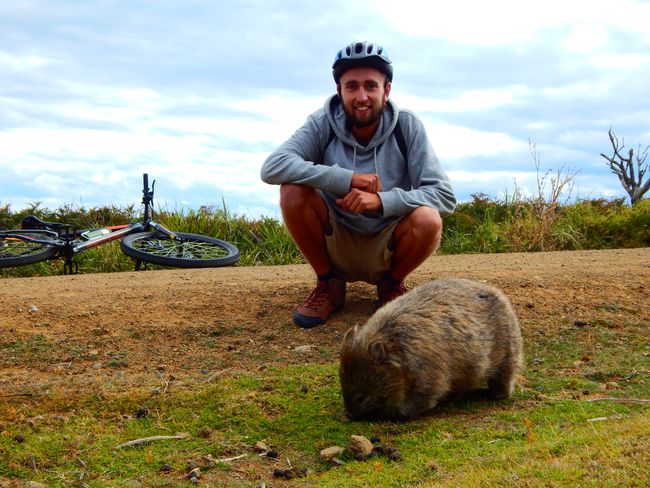
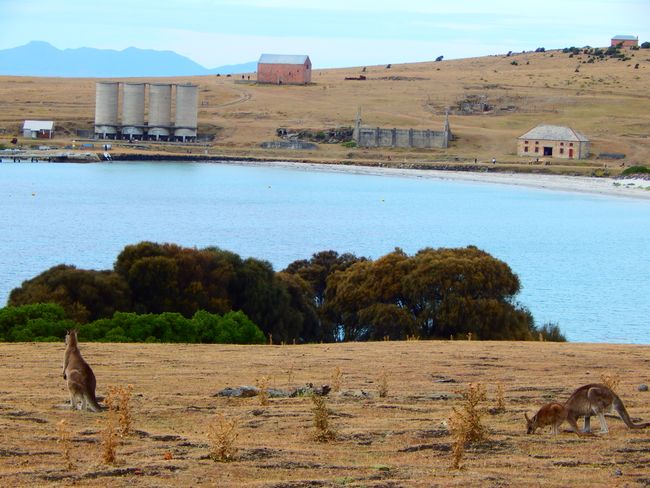
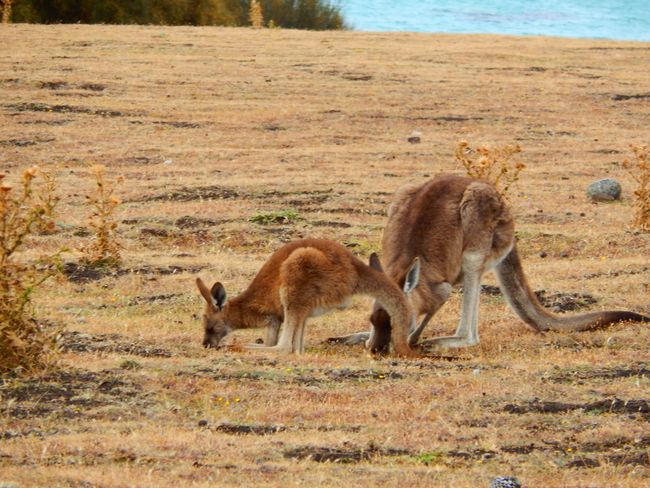
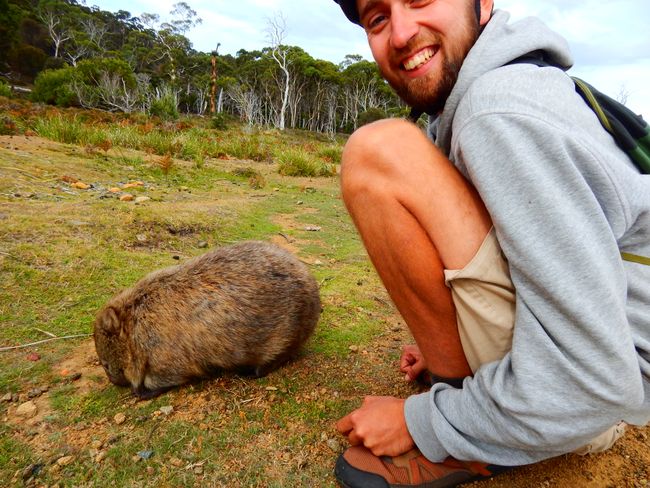
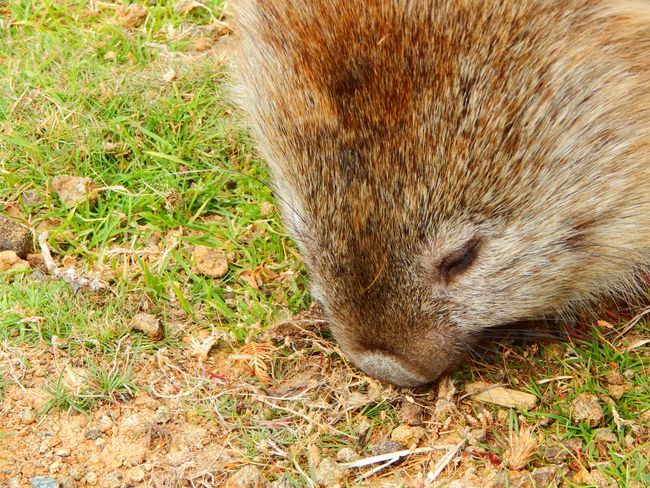
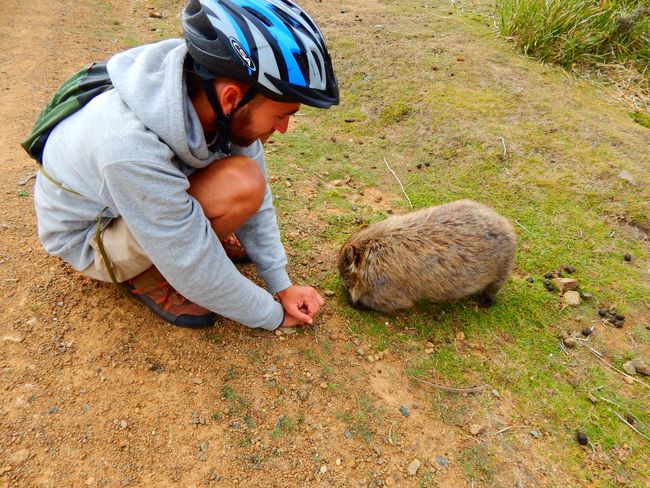
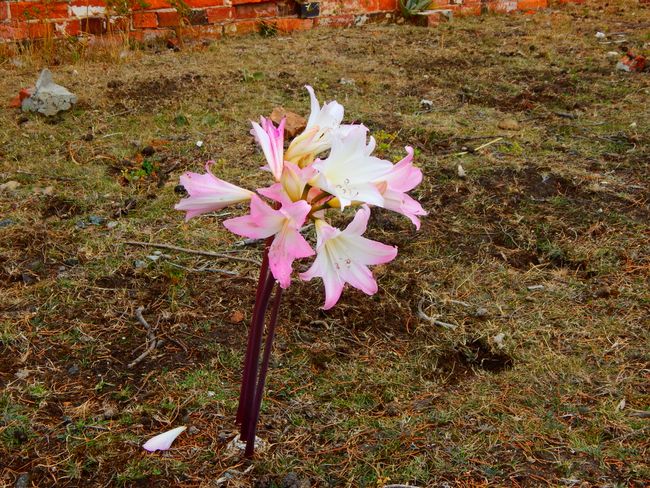
אַבאָנירן צו נעווסלעטטער
Early in the morning we drive to Triabunna on the east coast of Tasmania to take our ferry to Maria Island. The ferry takes us to the small village of Darlington. The first building was a prison built in 1825. However, after seven years, it was closed again. From 1842 to 1850, the prison was renovated and the small village of Darlington was established. The focus at that time was on punishment, forced labor, religious doctrine, and education. The prison reached its peak with 500 inmates, which is incredible when you see the small building. The necessary buildings such as schools and houses for the workers were then constructed around the prison.
We rent bicycles which we pick up first. Then we ride to the Fossil Cliffs in the north-east of the island. As the name suggests, the Fossil Cliffs is a cliff full of fossils. We admire the shells and many different fossils. It is impressive how the rocks can freeze time.
Next, we ride our bikes 20 km south to the so-called French Farm, a sheep farm run by a French family. Today, there is nothing more than a house and a barn to see there. We have a lunch break there and then continue south. Maria Island consists of almost two islands connected by a thin strip of land. We originally wanted to go to the southern island, but then changed our minds because the path is more beach than road and not fun with the bike. On the way back to Darlington, we are allowed to observe some wombats, who are so incredibly tough from all the tourists that they continue to eat quite comfortably.
At the west coast of the island, we make another stop at the Painted Cliffs, my personal favorite. We have to climb a bit along the coast over the rocks and suddenly the art of nature is revealed before our eyes! This natural phenomenon was created by groundwater seeping through the sandstone and leaving iron oxides on the rocks.
Then we cycle back and take the last ferry that brings us back to Tasmania.
אַבאָנירן צו נעווסלעטטער
ענטפער
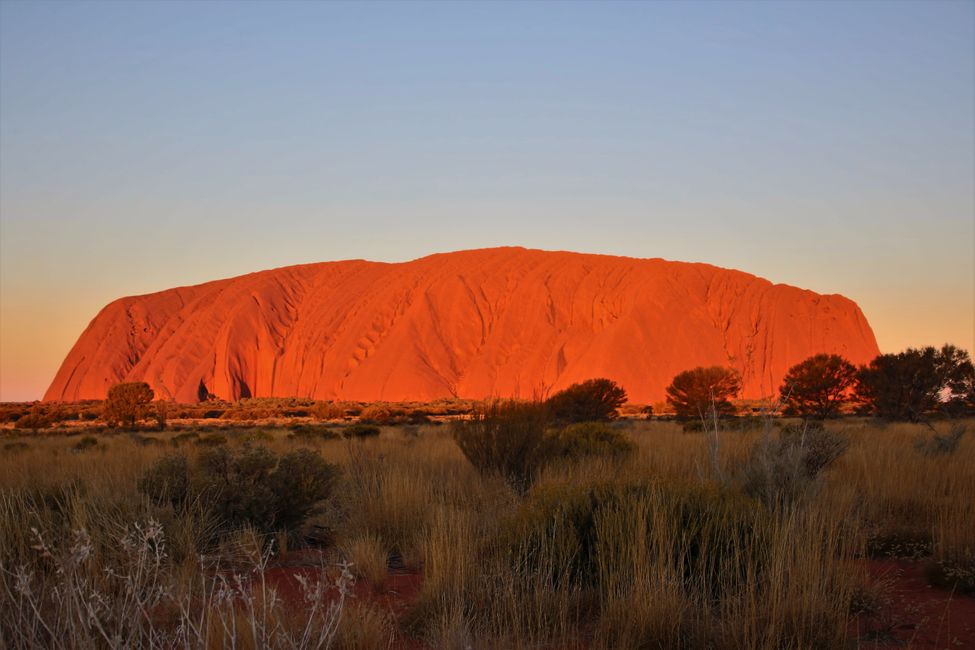
רייזע ריפּאָרץ אויסטראַליע
